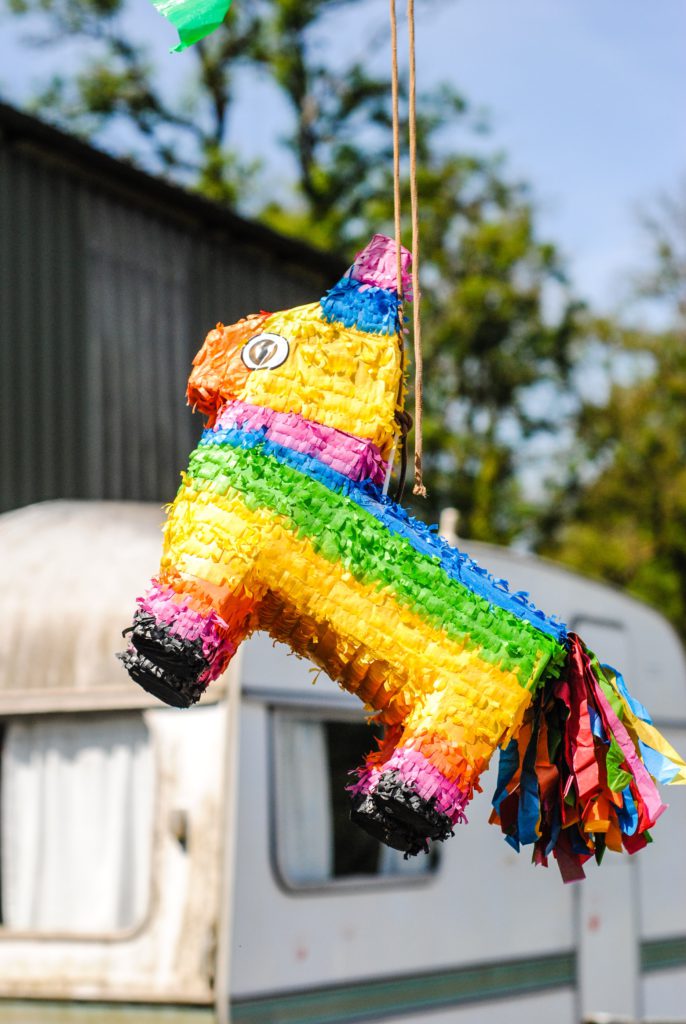
In our last reading, we spoke of the Passover, also known as the Festival of Unleavened Bread. The two festivals in today’s reading are also still celebrated today, although there are different names associated with them, too. I’m impressed that these traditions have stood the test of time and people are still serious about honoring God during the festival times. Jewish people take their religion very seriously and are careful to keep the ancient traditions alive.
As Christians, we will soon be celebrating the season of Pentecost in our churches. While this is another name for the Festival of Weeks, in Jewish circles it is now called Shauvot. You may recall, for us, this is when the Holy Spirit filled the disciples after Jesus had ascended. There were a lot of people filling the town of Jerusalem. They were all gathering and bringing their offerings, their “first fruits,” to God for the Festival of Weeks. Fun fact, of the thousands of people who came to the Lord that day were also the “first fruits” of the believers yet to come.
Traditions are important to many people. I have always enjoyed certain traditions, but find others oppressive. I suppose I am more of an adventuresome spirit eager to try new things. When it comes to obeying God, however, it is a good idea to make a tradition of living in his will. How are you at being traditional? What traditions are sacred for you?
Living in Mexico now, we have been able to witness firsthand some new and interesting traditions. We appreciate the value Mexican place on family and friendships. While there is still some of that in the United States, many families we know are separated by many miles (ours included) which makes celebrating together very difficult.

Another popular Mexican tradition that I wasn’t aware of is the piñata. While I was aware of what a piñata is, a colorful object filled with candy commonly used as a fun game at birthday parties, I didn’t realize it’s symbolic origin. The piñata’s bright colors were designed as a symbol of temptation, with the stick representing the will to overcome sin. The blindfold symbolizes faith, while the candies and other goodies are added symbols of the riches of heaven tumbling down on the heads of those who defeated the evil. Pretty cool, huh?
The people took Moses’ words from God seriously and have continued this tradition. Think about what these festivals represent. Feasting with God himself. Giving thanks for the protection and for the provision. It is an acknowledgement that God is God and we are not. When celebrated, it is easy to remember how blessed they were.
What helps you remember how blessed you are? Take some time today to thank God for all the blessings in your life. Start a gratitude journal to keep track of all those blessings and add to it every day.

Let’s pray … Lord, I thank you for how you have rescued me, provided for me, and loved me even when I didn’t feel all that loveable. Help me to see your will for my life. Thank you that I can rejoice with you and worship you for all you have done. Send your covering of protection over my loved ones and open their hearts to accept you as I do. In Jesus’ name. Amen.
